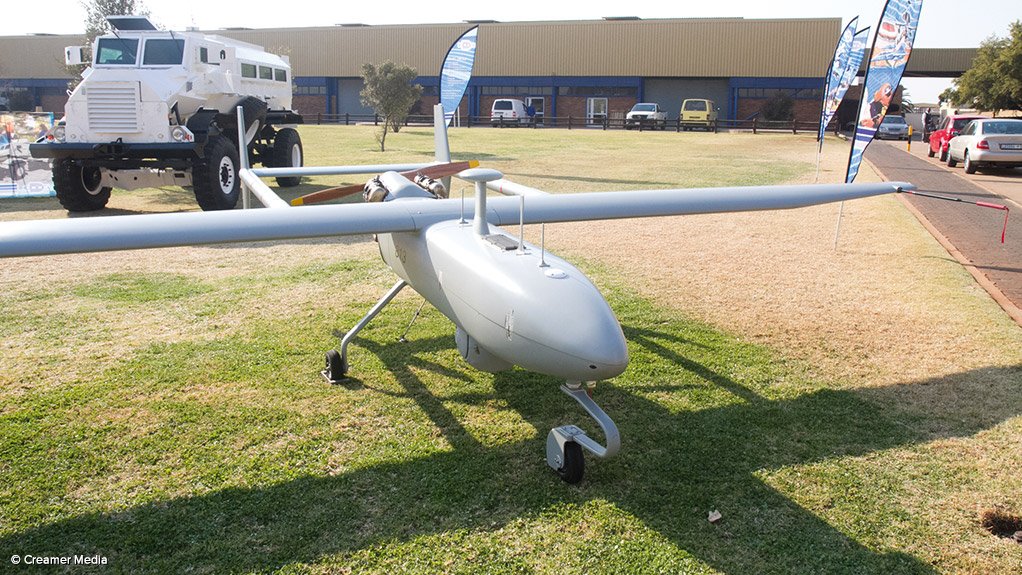The South African Civil Aviation Authority (CAA) hopes to have finalised regulations for the flying of unmanned air vehicles (UAVs) – also designated remotely piloted air systems (RPAS) and popularly called drones – in the country’s civilian airspace by the end of the current financial year (which terminates on March 31, 2015). This has been revealed in a written answer from Transport Minister Dipuo Peters to a question posed by Democratic Alliance MP Thomas Hadebe. The answer was released on Tuesday.
“The process of developing regulations in this regard takes consideration of the unique new safety and security risks presented by the operation of RPAS, ... in South African airspace,” pointed out Peters. “Given the wide-ranging applications, it becomes prudent that the regulations are applied equally to all operators of RPAS, more so given that the risks presented by the operation of RPAS remain comparatively similar, regardless of application.”
Safety risks, she pointed out, included that of an air-to-air collision with another aircraft, with consequent deaths, as well as that of an RPAS crashing and causing death, injury and/or damage on the ground. Furthermore, should an RPAS powered by gasoline or lithium batteries crash, particularly in a nature reserve, it could cause a veld fire, which could endanger animal life.
Regarding the last risk, Hadebe had also asked if the CAA would allow the use of “drones” in an anti-poaching role. The Minister’s reply noted that risks applied to all RPAS operations, including anti-poaching missions. She also expressed concern that poachers might themselves make use of UAVs. Caution was thus required.
“In all cases, a comprehensive analysis of inherent risk factors should be carried out before approval is granted,” she stated. “Additionally, it would be unconstitutional to permit the usage of RPAS technology in one sector whilst restricting other users.”
Peters pointed out that UAVs had many applications. These included – in the order listed in the answer – railway safety, crop science and livestock control, disaster control (for situational awareness), private security, research and science, coastal research, complex industrial inspection (of oil, gas and utility plants), search and rescue, combating illegal drug trafficking and gas operations monitoring.
“The main focus and efforts in the development of these regulations is [the] continuation of the high levels of aviation safety enjoyed in South African today and the protection of the safety and security of the citizens of South Africa when this technology is introduced into our skies,” she affirmed.
EMAIL THIS ARTICLE SAVE THIS ARTICLE
To subscribe email subscriptions@creamermedia.co.za or click here
To advertise email advertising@creamermedia.co.za or click here











